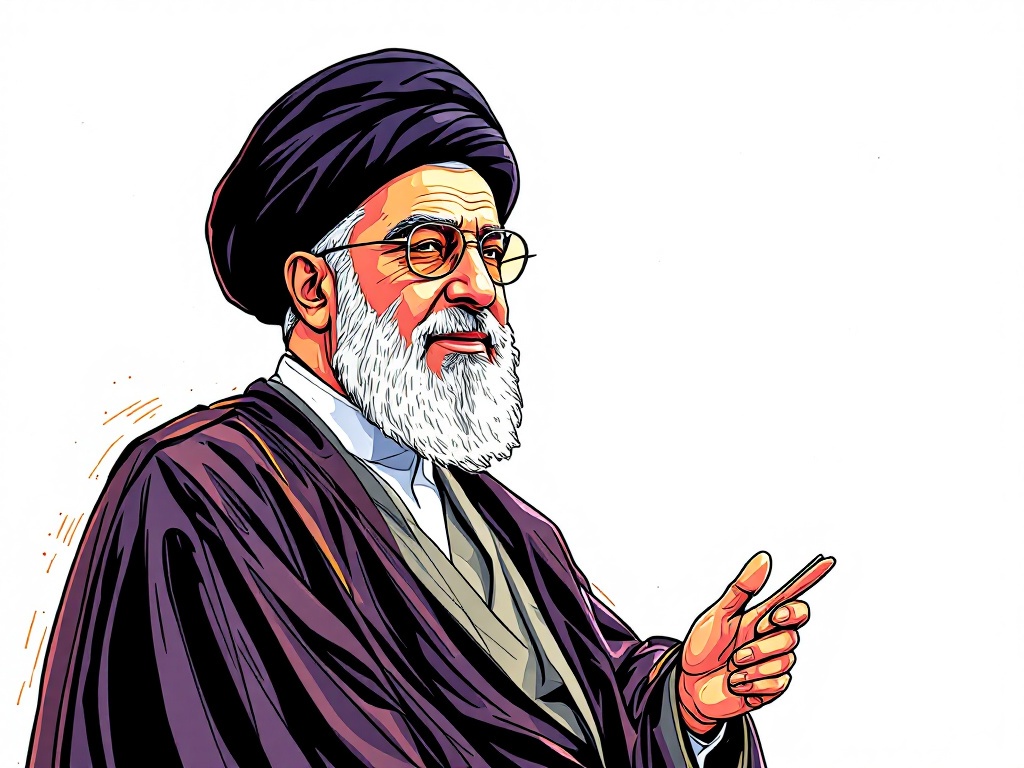Power Shift in Iran: Mojtaba Khamenei's Secret Selection as Next Supreme Leader

Tehran, Monday, 18 November 2024.
In a clandestine September meeting, Iran’s Assembly of Experts reportedly chose Mojtaba Khamenei to succeed his ailing father, Supreme Leader Ali Khamenei. The unprecedented decision, made under alleged threats and pressure, could see power transfer even before the elder Khamenei’s death, marking a critical shift in Iran’s leadership amid regional tensions and internal challenges.
Background and Context
The secretive meeting held on September 26, 2024, by Iran’s Assembly of Experts was a pivotal moment for Iran’s political landscape. With Supreme Leader Ali Khamenei reportedly suffering from a severe illness, the urgency to select a successor became apparent. The Assembly, consisting of 60 members, was convened under significant pressure, allegedly facing direct threats to ensure a unanimous decision in favor of Mojtaba Khamenei, the second son of the Supreme Leader[1][2].
Mojtaba Khamenei: A Controversial Choice
Mojtaba Khamenei’s selection as the next Supreme Leader has not been without controversy. Despite being granted the title of Ayatollah in 2021, fulfilling constitutional requirements for the role, Mojtaba has limited formal political or military experience. His influence, however, has been growing over the past two years, evidenced by his involvement in suppressing the 2009 post-election protests and his role in shaping Iranian policy decisions. Critics argue that this move consolidates power within the Khamenei family, potentially fueling internal dissent amid Iran’s ongoing economic struggles and social unrest[3][4][5].
Implications of the Power Transition
The decision to potentially transfer power to Mojtaba Khamenei while his father is still alive aims to ensure a smooth transition and avoid opposition. However, this strategy has raised concerns about the stability of the regime, especially given the lack of a unifying figure akin to Akbar Hashemi Rafsanjani, who played a crucial role during the previous succession in 1989. The absence of such a figure could lead to greater challenges for Mojtaba’s leadership, particularly as tensions with Israel escalate and economic conditions worsen[1][2][4].
International Reactions and Future Prospects
Internationally, Mojtaba Khamenei’s anticipated rise has drawn significant attention. Israeli Prime Minister Benjamin Netanyahu has addressed the Iranian populace, urging them to reject the regime and offering potential economic cooperation in exchange for peaceful relations. Meanwhile, Iranian Crown Prince Reza Pahlavi, in exile, positions himself as a democratic alternative, ready to guide Iran towards a new political future. These dynamics highlight the broader geopolitical implications of Iran’s internal leadership changes, impacting regional stability and international relations[5][6].
Sources
- www.indiatoday.in
- www.hindustantimes.com
- timesofindia.indiatimes.com
- www.ynetnews.com
- www.iranintl.com
- www.theyeshivaworld.com